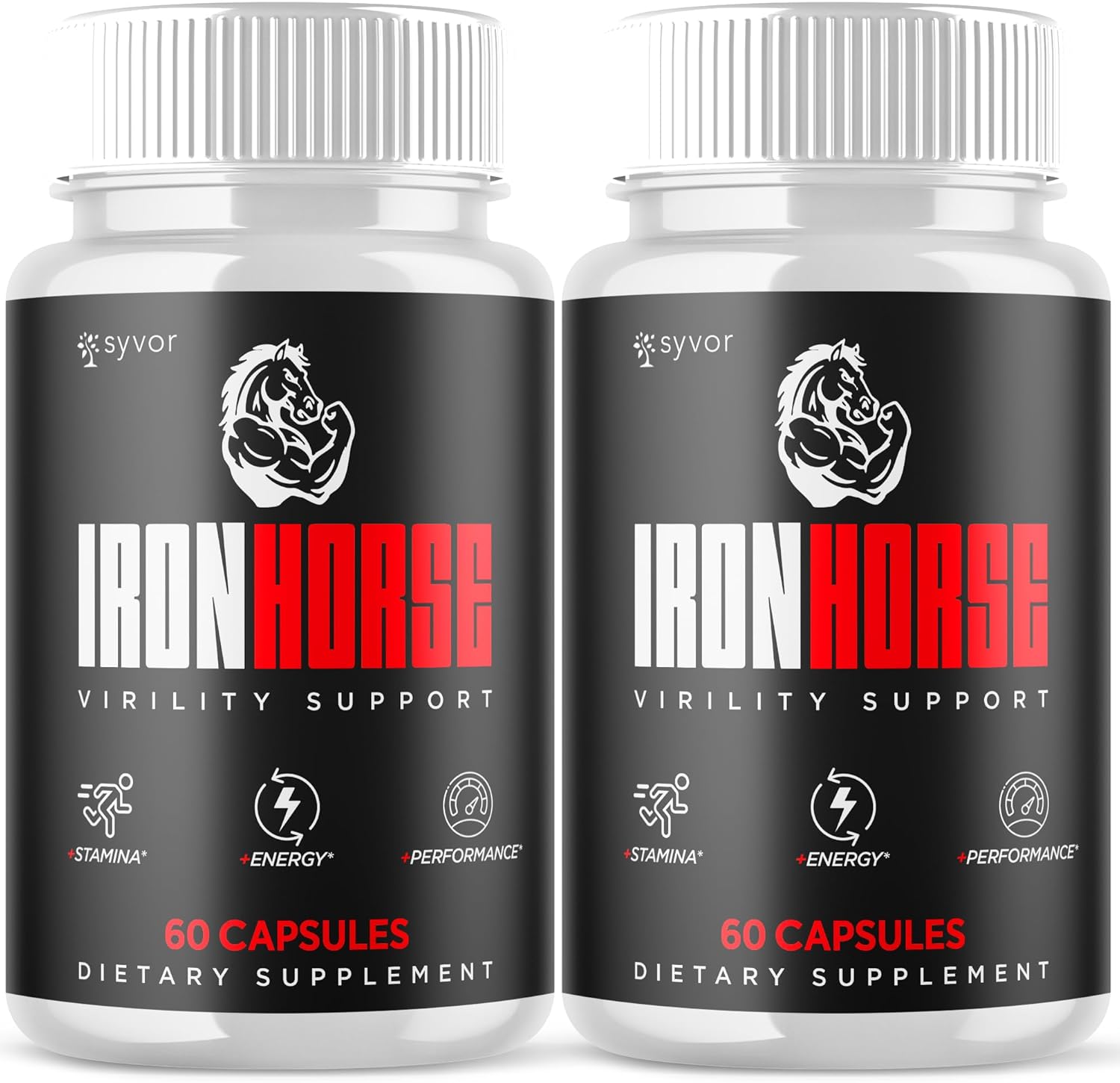
Check out our latest products
When your dog shows signs of mild digestive upset like loose stools, slight nausea, or a temporary loss of appetite, you want to help them feel better quickly. The good news is that many mild stomach issues can be managed at home with simple, natural approaches.
Mild Digestive Upsets
Mild digestive problems in dogs are quite common and often resolve on their own within a day or two. These issues can happen for many reasons, including eating something they shouldn’t have, switching foods too quickly, stress, or even just having a sensitive stomach. The key word here is “mild” – we’re talking about temporary discomfort without serious symptoms like blood in stool, continuous vomiting, or lethargy.
The Power of Bland Diets
One of the most trusted approaches for mild stomach upset is a bland diet. Think of it as giving your dog’s digestive system a gentle reset. Plain, boiled chicken (without skin or seasoning) combined with white rice is the classic go-to option. You can also use lean, cooked hamburger or plain pasta as alternatives.
These foods are easy to digest and give your dog’s gut a chance to calm down. Start by withholding food for 12-24 hours (but always keep fresh water available), then introduce the bland diet in small portions. Remember, this is only a temporary solution – bland diets aren’t nutritionally complete and shouldn’t be fed for more than a few days.
Probiotics a.k.a The Helpful Bacteria
Probiotics are beneficial bacteria that support healthy digestion. When your dog’s stomach is upset, the balance of good and bad bacteria in their gut might be off. Adding probiotics can help restore this balance and get things back to normal.
Look for dog-specific probiotic supplements that contain billions of colony-forming units (CFUs). Some veterinarians recommend products like Fortiflora or Proviable, which have research backing their effectiveness. Probiotics are especially helpful during diet transitions or stressful events that might trigger digestive issues.
Pumpkin is Nature’s Digestive Aid
Plain, canned pumpkin (not pumpkin pie filling) can work wonders for mild digestive upset. Pumpkin is rich in fiber, which helps regulate digestion whether your dog has loose stools or mild constipation. It’s also packed with vitamins and is naturally gentle on the stomach.
Start with small amounts – about a teaspoon for small dogs or a tablespoon for larger dogs – mixed into their regular food or bland diet. Most dogs love the taste, making it an easy addition to their meal.
When to Call Your Veterinarian
While these natural approaches can be very helpful, it’s important to know when professional help is needed. Contact your veterinarian if your dog’s symptoms last more than 2-3 days, if you see blood in their stool, if they’re vomiting repeatedly, or if they seem lethargic or refuse to eat.
Your vet can determine if there’s an underlying cause that needs treatment and can recommend the best approach for your specific dog. They might suggest prescription probiotics, special therapeutic diets, or other treatments depending on your dog’s needs.
Mild digestive upset doesn’t have to be a major worry when you have the right tools in your toolkit. Bland diets, probiotics, and pumpkin can all play important roles in helping your dog feel better naturally. However, these remedies work best as part of a plan developed with your veterinarian’s guidance. Every dog is different, and what works for one might not work for another.
Remember, you know your dog best. Trust your instincts, and don’t hesitate to reach out to your veterinary team when you have concerns. With the right approach and professional support, most mild digestive issues resolve quickly, getting your four-legged family member back to their happy, healthy self.



![[PETHROOM] Cat Nail Clipper Trimmer for Indoor Cats with Circular Cut Hole (2mm) | Premium Sturdy Stainless Steel Blade Cat Claw | Safe, Easy, Accurate, Quiet & Fast | Avoid Overcutting](https://m.media-amazon.com/images/I/6156hi88deL._AC_SL1298_.jpg)
![[PETHROOM] Professional Eye Comb for Pets | Stainless Steel Tear Stain Remover for Cats & Dogs | Gentle Round-Head Grooming Tool | Compact & Portable for Eye Gunk Removal](https://m.media-amazon.com/images/I/71+W758uwXL._SL1500_.jpg)









